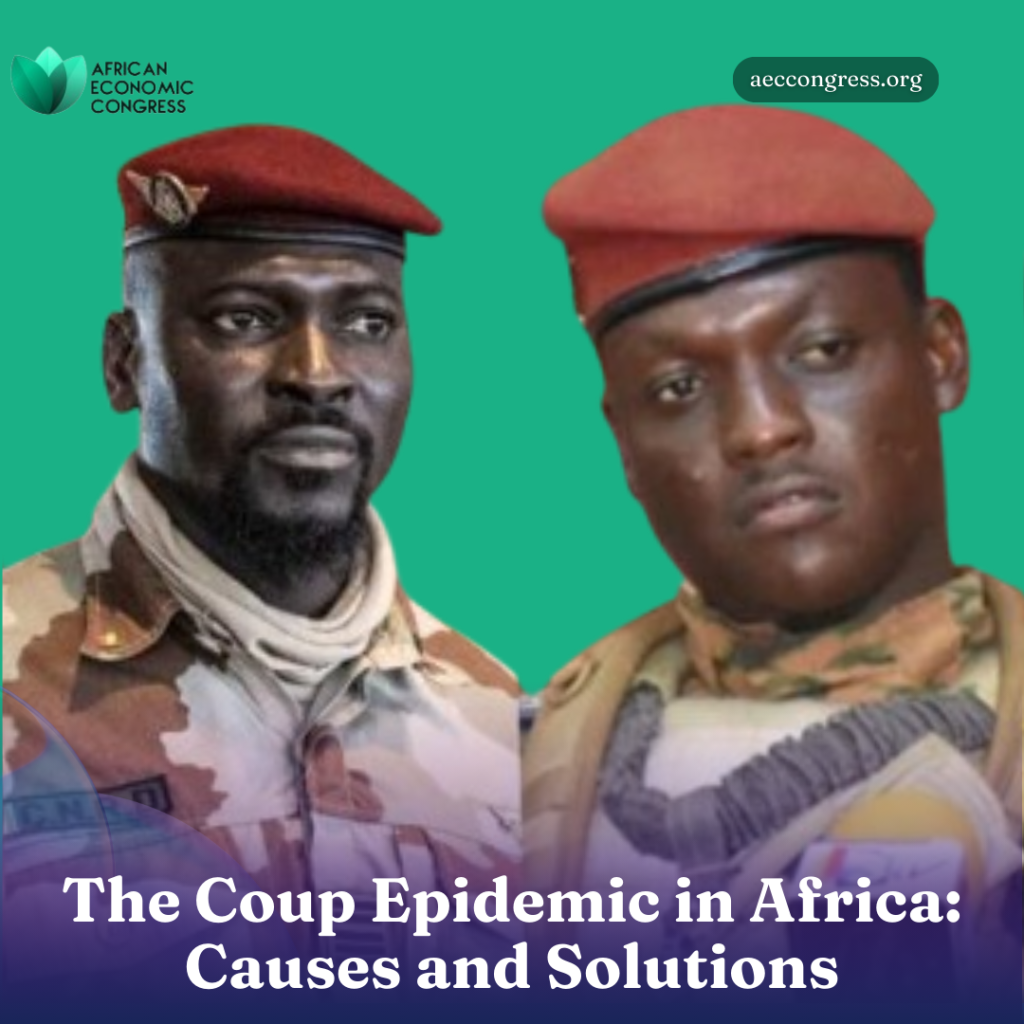Military coups have become a frequent occurrence in Africa, affecting the political stability, governance, and development of the continent. Several factors contribute to the rise of these coups in different African countries. Addressing the root causes will be essential in preventing future military coups across the continent. In this article, we explore the coup epidemic in Africa and discuss potential ways to promote political stability.
Factors Contributing to the Coup Epidemic in Africa
Several factors contribute to the wave of coups in Africa, including:
- Weak Democratic Institutions: Many African countries are grappling with unstable political systems that have failed to establish strong governance. In many cases, political institutions are so weak that they cannot support a functioning democracy. This makes it easier for the military to overthrow civilian governments at will.
- Poor Governance and Corruption: Many African coups stem from public protests driven by mismanagement of resources and widespread corruption, leading to hardship. For instance, the coups in Mali and Guinea were largely fueled by corruption. Poor leadership and corruption remain key factors that contribute to the frequent occurrence of military coups in Africa.
- Economic Problems: Low living standards, widespread poverty, inequality, and high youth unemployment are critical factors that fuel military coups in many African countries. In Sudan, for example, economic challenges played a significant role in the coup. Establishing efficient economic systems can help reduce the frequency of coups on the continent.
- Insecurity: Insecurity, including insurgencies and terrorism, is another major factor contributing to coups in Africa. In countries like Niger and Mali, coups occurred due to the civilian government’s alleged failure to address security concerns. Addressing insecurity across the continent is crucial for curbing the coup epidemic.
- Influence from External Forces: Foreign influence from global powers has also played a role in promoting military coups in Africa. Some coups have been supported by powerful international leaders. A careful approach to international relations may help African countries avoid future military interventions.




1 Comment
Pingback: Recent successful African Military coup and their causes – Register for AEC 2021